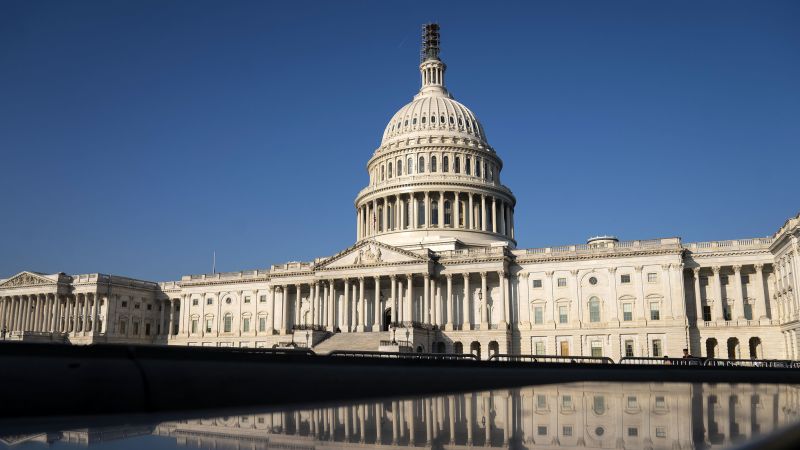A band of House Republicans made a historic move this week to punish their own leader, sending the House into chaos by ousting Kevin McCarthy as speaker. The unprecedented vote to oust McCarthy has only led to more turmoil in the days since as Republicans have grappled with the fallout of the speaker-less House.
On Thursday, former President Donald Trump was rumored to be going to Capitol Hill and floated the possibility of serving as speaker for a “short period of time” – a highly improbable idea. Then he abruptly changed course and scrapped those plans, endorsing Rep. Jim Jordan instead.
On Friday morning, a candidate forum on Fox News with Jordan and Majority Leader Steve Scalise was announced for Monday. By midday, furious backlash from GOP rank-and-file caused both to pull out from the event.
And McCarthy provided his own whipsaw Friday afternoon, when a flurry of reports emerged that he would resign after a new speaker was chosen. He quickly denied to reporters that he had any plans to leave before the end of his term.



This is the best summary I could come up with:
Over the past four days, Scalise and Jordan have racked up endorsements from their allies to try to position themselves as the consensus GOP candidate heading into next week’s secret ballot in the Republican conference to be the next speaker.
Trump is also paying close attention to another leadership race, according to sources familiar with the former president’s thinking: House GOP Whip Tom Emmer, who is running to succeed Scalise as majority leader if he moves up the ladder.
Democrats have limited options after they played their hand Tuesday by declining to come to McCarthy’s rescue, and now await whoever emerges as the next speaker – and their negotiating partner with the threat of a shutdown still looming a little more than a month away.
He outlined his case for the speakership on social media Friday, arguing he can build a unifying coalition and naming some top priorities that are big issues on the right: the so-called weaponization of the government, spending cuts and border security.
There’s also a faction of Republicans – particularly those vulnerable in districts President Joe Biden won – concerned about what’s going to happen in mid-November, when the stopgap spending bill that McCarthy helped pass with Democratic votes expires.
Jeffries wrote a Washington Post op-ed on Friday defending Democrats’ decision to vote out McCarthy, saying Republicans rejected making bipartisan changes to the House rules.
The original article contains 1,760 words, the summary contains 229 words. Saved 87%. I’m a bot and I’m open source!